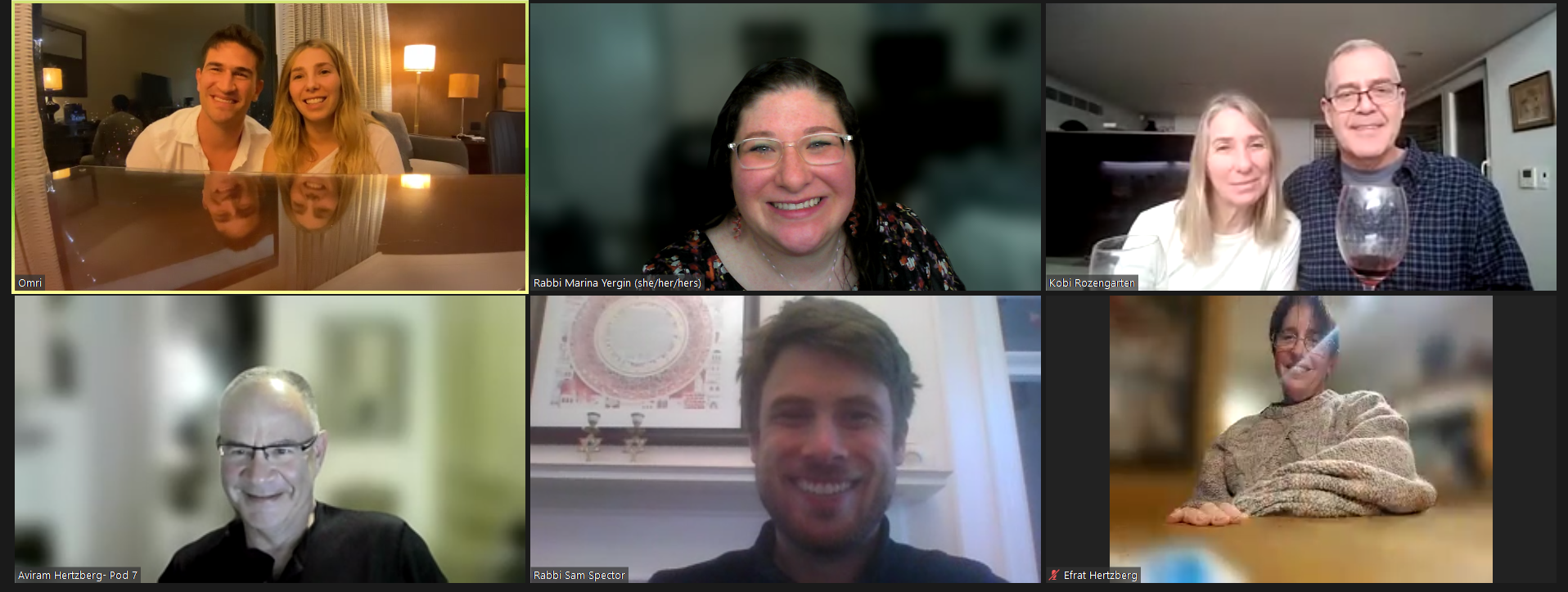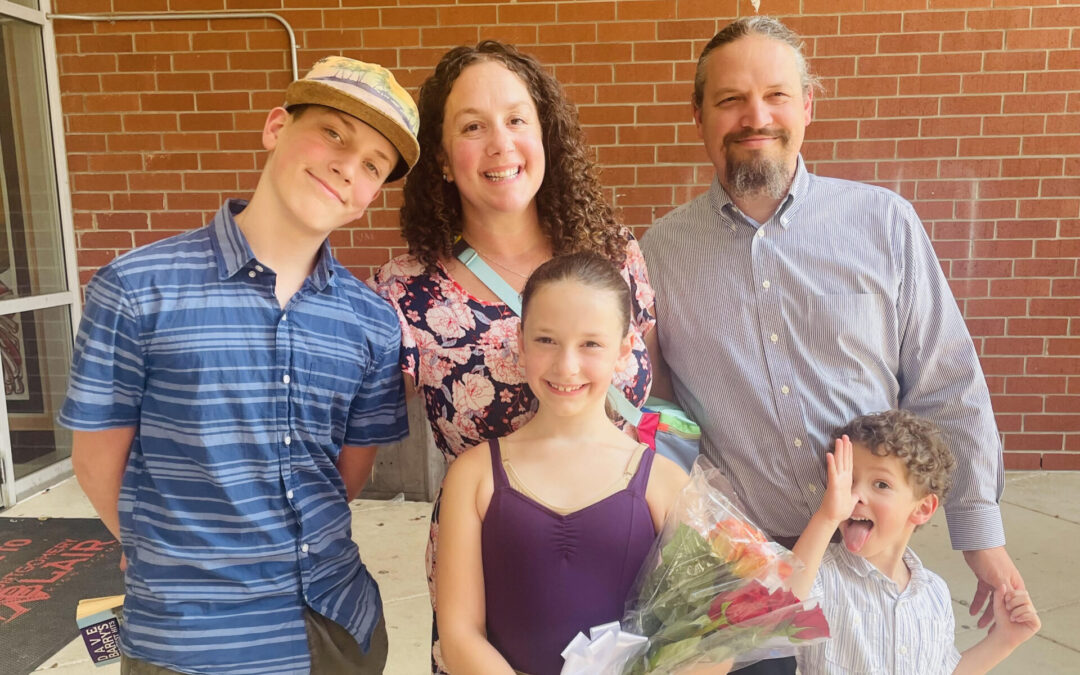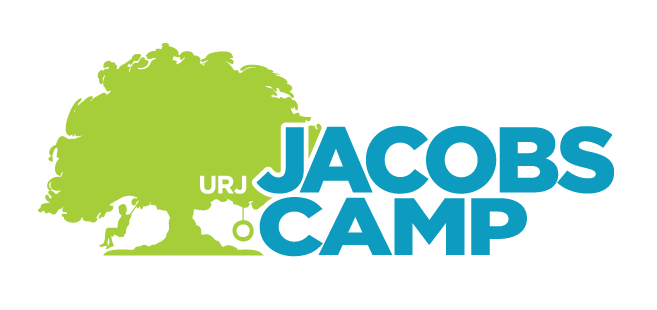
love, joy, and hope: how camp helps bring light in the darkness
Growing up at URJ summer camps, I had the distinct honor of having Israelis as counselors and fellow staff members. The Mishlachat, Israeli summer teams, were always so full of enthusiasm, stories to tell, and very different life experiences than their American counterparts. As I became staff, the first people I tried to befriend was the members of the Mishlachat so they wouldn’t feel alone in a new country, new state, and new Jewish culture – which varies by camp.
In 2012, I was hired to be the Chalutzim unit head at Jacobs. It was the summer between my second and third years of rabbinic school at Hebrew Union College-Jewish Institute of Religion. It was also my first summer at Jacobs (after spending 13 at OSRUI and one as staff for NFTY in Israel, now Yallah!). I was nervous about going, but excited for new experiences.
Before my campers came to camp, I had almost 3 weeks of time with staff and in that time got to know members of the Mishlachat quite well. After an incredible summer of growth, loss in my life outside of camp, and so much fun, I had fallen head over heels in love with Jacobs and what it had to offer. I sobbed leaving camp. I had 2 members of the Mishlachat come all the way to Ohio to come stay with me and every time I am in Israel, I see one of them.
Fast forward to October 7th, 2023. I watched the news roll in with horror as we learned more and more of what was going on. I had no idea what to do from my home in San Antonio, Texas. So I did what I know how to do. I reached out to friends. I contacted through WhatsApp and Facebook messenger any and every Israeli I could from various facets of my life. Many of the ones I reached out to were people I had met during their time at URJ camps.
Omri Hertzberg, was no exception. According to our Facebook messages, we hadn’t touched base since September 2012, right after our summer together at Jacobs. But that didn’t stop me from reaching out. I heard back from Omri very quickly as he was on his honeymoon and heading back to Israel. For the next few weeks, I checked in with him. On October 19th, Omri asked if we could “bring some light through this darkness” by helping him and his wife, Tamar, have a civil marriage. They had gotten married in May by friends and family, but not a Rabbi since they did not want to have an Orthodox wedding, the only religious civil wedding allowed in Israel. I was blown away and so honored.
It turns out that there is one state in the United States that still allows Zoom weddings to occur – Utah. One of the Reform rabbis in Utah is a good friend and rabbinic school classmate of mine, Rabbi Sam Spector. We quickly set things in motion for Rabbi Spector to do the civil pieces and I would do the Jewish pieces since I knew Omri.
After many emails back and forth, paperwork coming out in wingdings, Omri active in the Air Force in the middle of the war, a failed date, a zoom catch up meeting, and a stolen light bulb from a Tel Aviv hotel to step on, Omri Hertzberg and Tamar Rozengarten were married, civilly, on December 29th, 2023 via zoom by Rabbi Sam Spector and myself. Their fathers served as the legal witnesses and their mothers also joined on zoom. It was such a joyous occasion with so many of the elements of a Jewish wedding including the ring exchange, the sheva brachot (the seven blessings), and the breaking of the glass – a light bulb “borrowed” from the hotel that they were staying in. Before the breaking of the glass, it was imperative to note the time we were in. I shared:
“At this time, we finish our ceremony today by having Omri break a glass. Shortly after the Temple was destroyed in Jerusalem – a catastrophic and devastating time on the
Jewish people’s history – Rav Ashi was at a wedding. Standing on the side, with a goblet of wine in his hand. He was perplexed – how could there be such joy and happiness at this time when the Jewish people were so badly aching when there was so much brokenness in the world? He became so overwhelmed that he threw his glass and it broke. And Jews have been breaking a glass at weddings ever since. This breaking glass symbolizes many things, but most importantly that things can be shattered in an instant. As we all rejoice in love and happiness today, we are humbled by this thought. In the midst of a war, tragedy, death, destruction, we, as Jews always have, focus on the beauty, joy, love, and hope. This is what this wedding symbolizes for Omri and Tamar. This is what the breaking of the glass reminds us.”
After the wedding finished and we got off of zoom, Tamar and Omri called me to thank me. We had an incredible conversation talking about how crazy it was that Omri and I met 11.5 years ago, we both worked at Jacobs for one summer – having the opportunity to meet, that this war had us reconnect, that he thought to ask me about officiating at his wedding, that I personally knew one of the few rabbis who could make it happen in the US over zoom, that I was able to do the wedding, that despite everything, Tamar and Omri were married. Tamar said “It was fate.”
Not only do I agree with Tamar that it is amazing this could happen, but it was the joy that all of us in that zoom meeting needed – a reminder that no matter what, we as Jews focus on love, joy, and hope.
Thank you to URJ Henry S. Jacobs Camp for bringing me and Omri together in the summer of 2012 so we could get to this place in 2023. May Omri and Tamar’s love only continue to blossom and bring joy to us all.
About the Author
Rabbi Marina Yergin (she/her) is the Associate Rabbi at Temple Beth-El in San Antonio, TX. During rabbinical school, she spent summers of staff at NFTY Israel (now Yallah! Israel) and at Jacobs Camp.
RELATED POSTS

“You send your kids to Jewish sleepaway camp in Mississippi? Wow, that sounds hot!”
“You send your kids to Jewish sleepaway camp in Mississippi? Wow, that sounds hot!” This refrain is one that my husband and HSJ Camp alum, Jacob, and I hear quite often–and usually, the next response we get is, “Why?!” As a family, we are members of a large...
